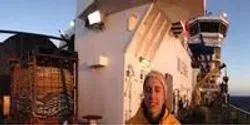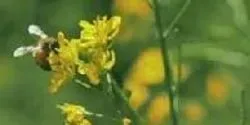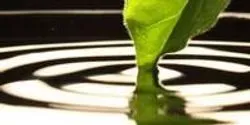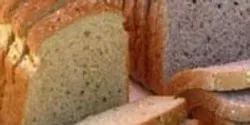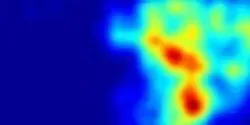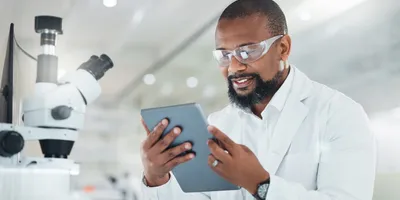Biological Sciences

Merck Millipore, the Life Science division of Merck, today (June 17) launched Simplicon™ RNA Reprogramming Technology, which uses synthetic self-replicating RNA to create large numbers of human induced pluripotent stem cells (iPSCs) using a single transfection step. This efficient reprogramming of somatic cells is accomplished without viral intermediates or host genome integration, offering a more defined and safer system for iPSC generation.

A new laboratory technique developed by Agricultural Research Service (ARS) scientists could speed the search for soybean plants with resistance to the fungus that causes Phomopsis seed decay (PSD) in the legume crop.

Much as human DNA can be used as evidence in criminal trials, genetic information about microorganisms can be analyzed to identify pathogens or other biological agents in the event of a suspicious disease outbreak. The tools and methods used to investigate such outbreaks belong to an emerging discipline known as microbial forensics, but the field faces substantial scientific and technical challenges, says a new report from the National Research Council.

